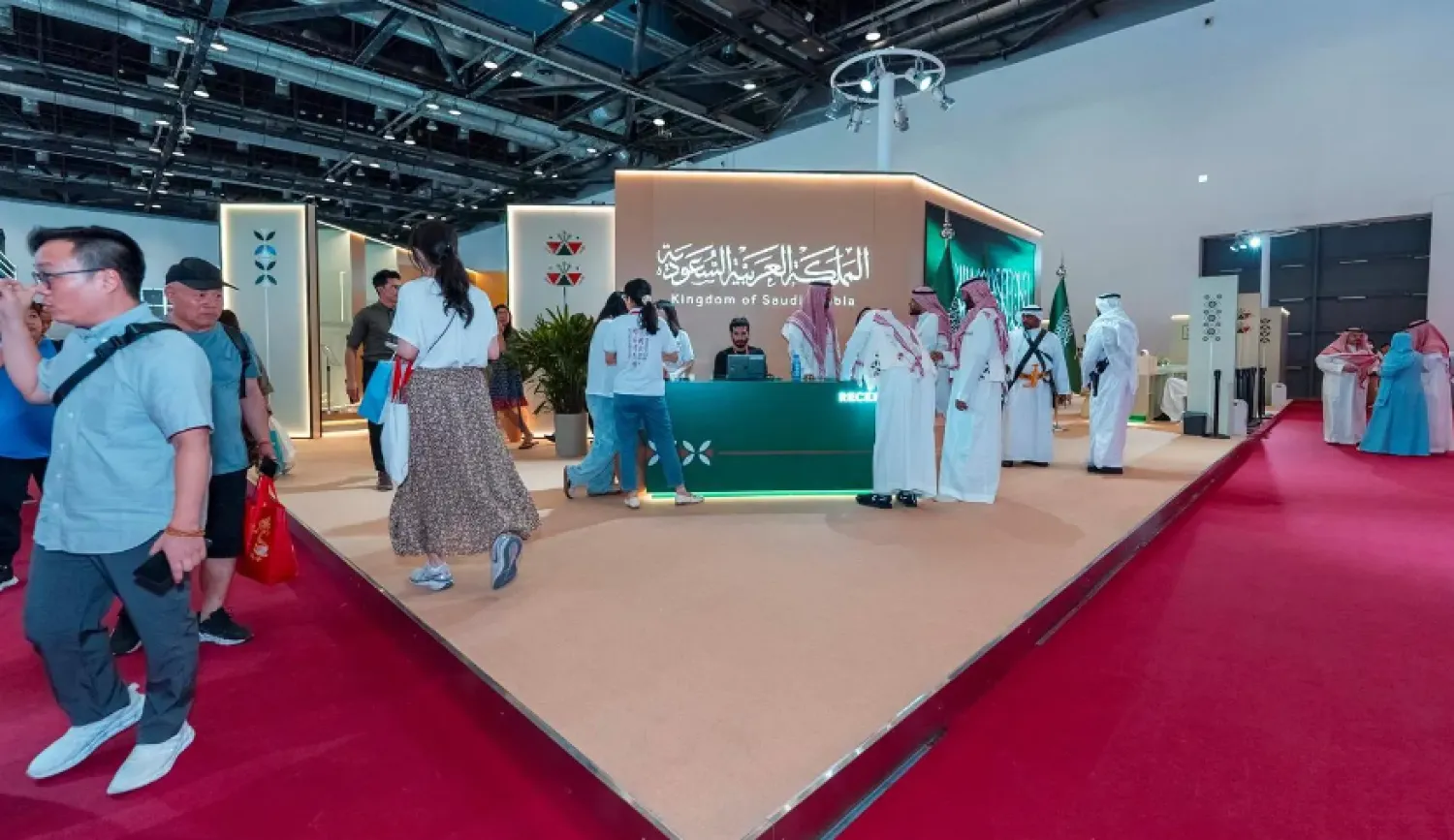The Kingdom of Saudi Arabia concluded its participation in the Beijing International Book Fair, where it was the guest of honor this year, which was held from June 19 to 23.
The Kingdom's pavilion was widely visited by the Chinese public, being the highlight of the exhibition. Visitors would learn about Saudi culture, arts, and heritage through an integrated cultural experience, SPa reported.
The Literature, Publishing, and Translation Commission led the effort; various other cultural entities took part, like the Heritage Commission, the Culinary Arts Commission, the Fashion Commission, the King Abdulaziz Foundation for Research and Archives (Darah), the King Salman Global Academy for the Arabic Language, the King Abdulaziz Public Library, the Saudi Publishing Association, and the Ministry of Investment.
The Saudi pavilion played a significant role in fostering cultural dialogue and introducing the Saudi culture to the Chinese public through a cultural program that included 15 dialogue sessions.
The Prince Mohammed bin Salman Award for Cultural Cooperation between Saudi Arabia and China had a special pavilion at the exhibition, to emphasize the importance of cultural exchange and cooperation between the two countries.
Moreover, several agreements were signed between Saudi and Chinese book publishers, including a cooperation agreement that is part of the Tarjem Translation initiative, entailing translating into Arabic the books "The Forbidden City: A History of China Since the Fifteenth Century" and "Historical Tales of the Great Wall of China".
Saudi Arabia Concludes Participation in Beijing International Book Fair 2024

The Kingdom's pavilion was widely visited by the Chinese public - SPA

Saudi Arabia Concludes Participation in Beijing International Book Fair 2024

The Kingdom's pavilion was widely visited by the Chinese public - SPA
لم تشترك بعد
انشئ حساباً خاصاً بك لتحصل على أخبار مخصصة لك ولتتمتع بخاصية حفظ المقالات وتتلقى نشراتنا البريدية المتنوعة







